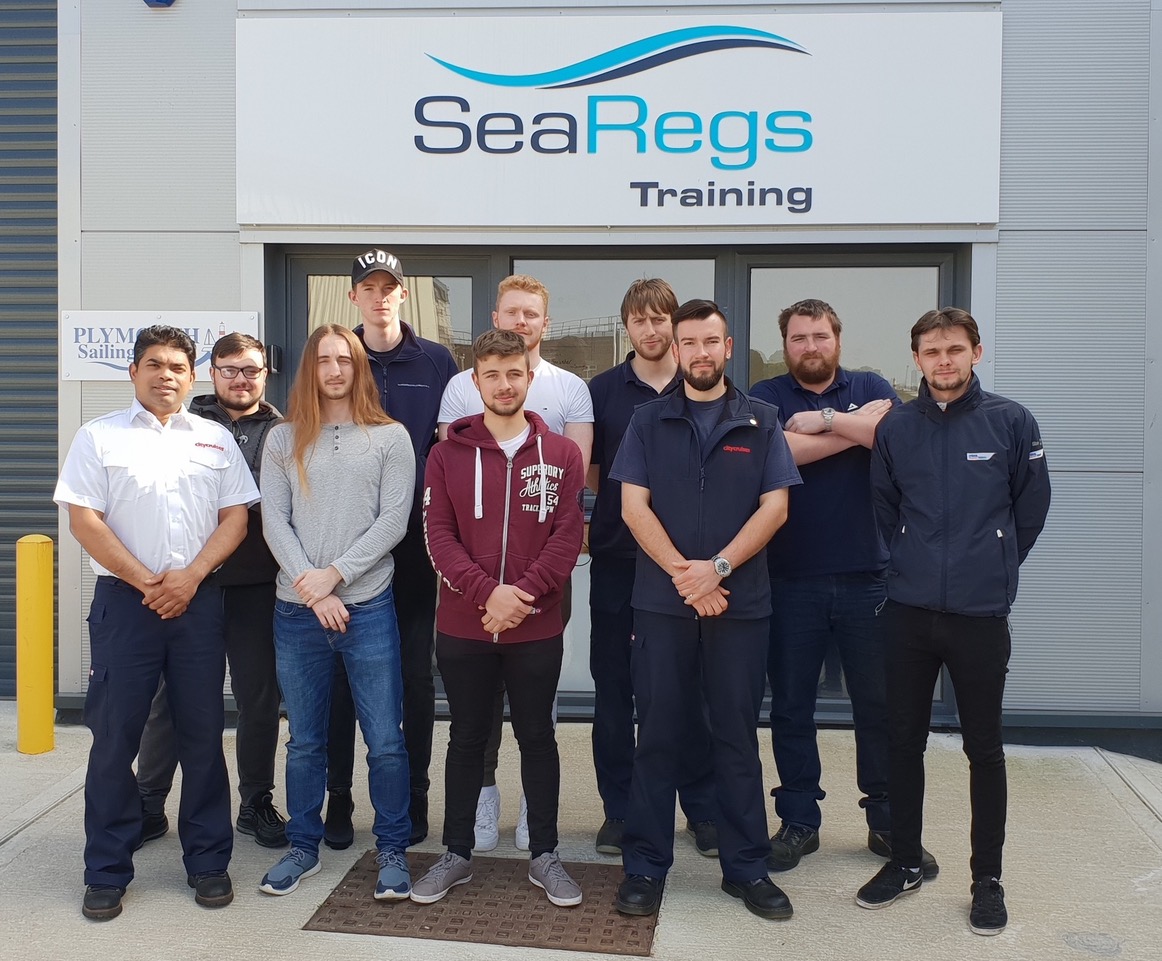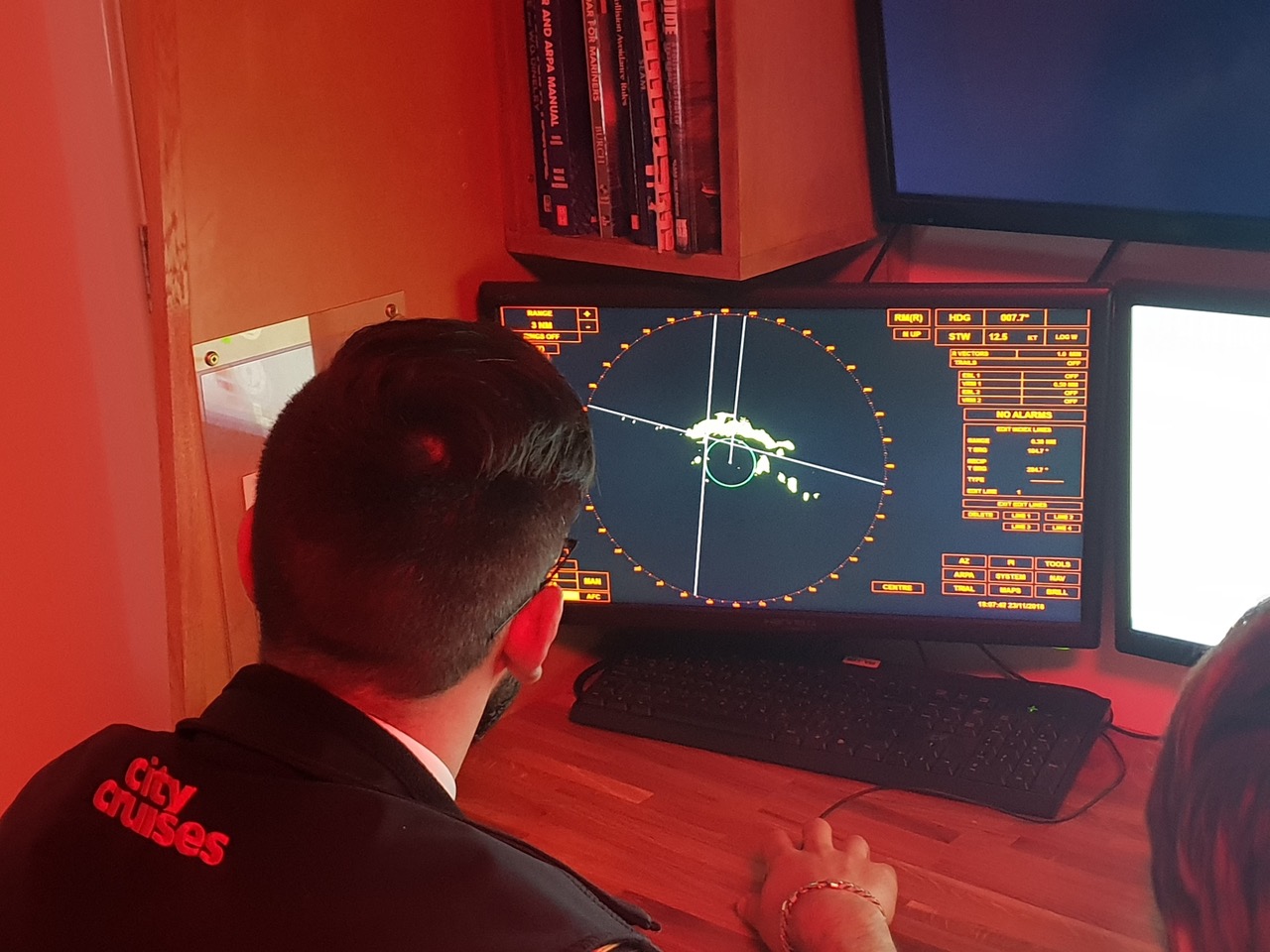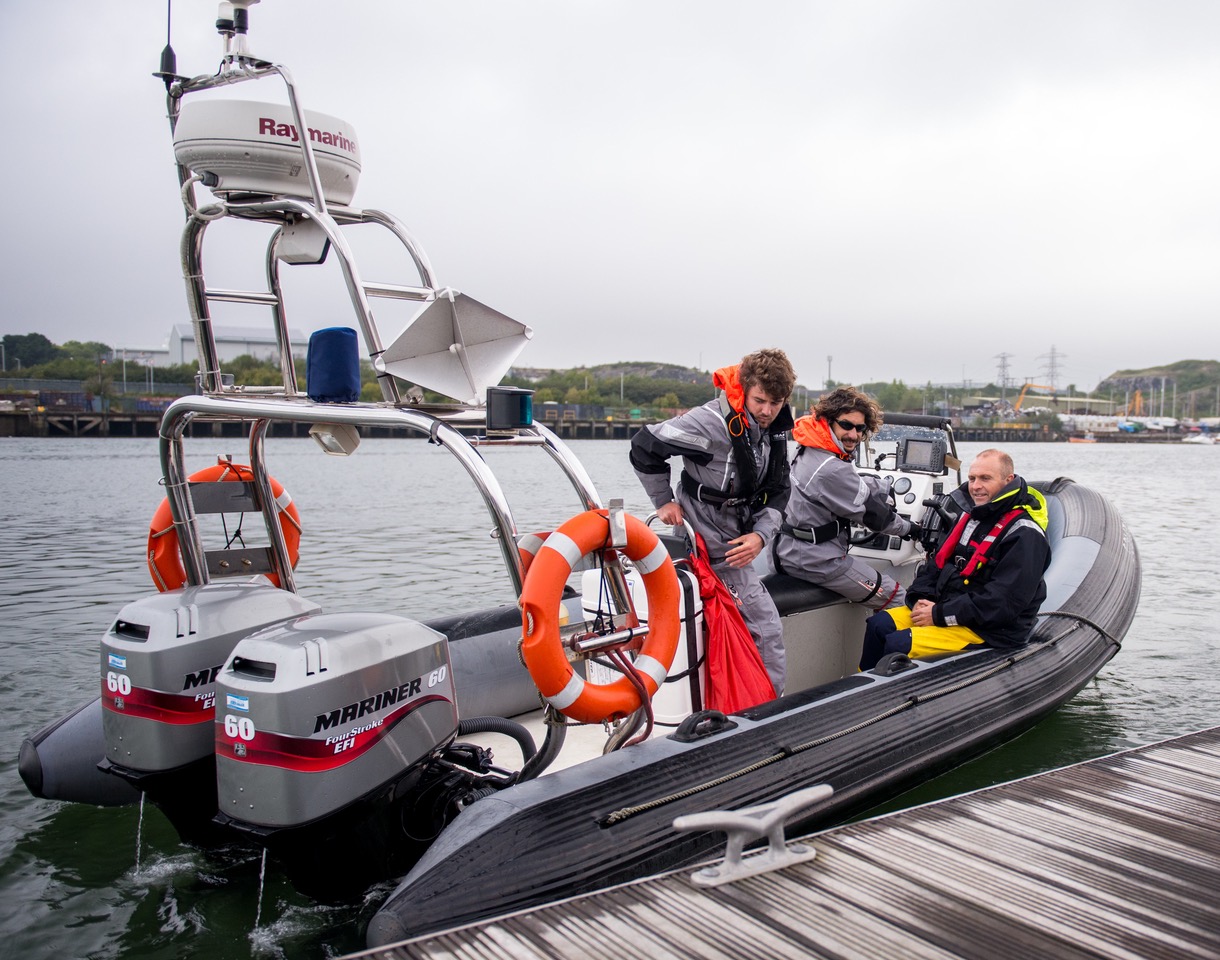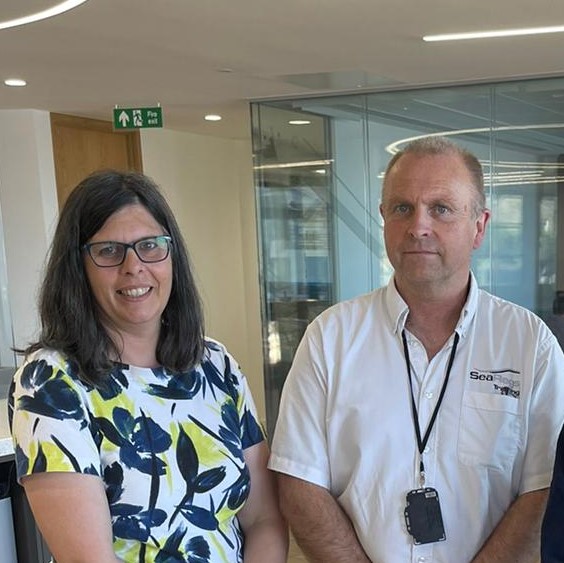Vicky and Simon Jinks gives us an overview of SeaRegs Training and the projection for the family-run maritime training centers located in the south of England.
Who are SeaRegs Training?
SeaRegs Training are a provider of maritime training and consultancy. We specialise in small commercial vessels, workboats, port operations, inland passenger and superyacht sectors. We specialise in the complicated regulatory gap around commercial, Code and Class vessels from 0 up to 3000GT.
Who are the team behind SeaRegs?
SeaRegs is owned and managed by Vicky and Simon Jinks. Simon Jinks says, ‘The strength of SeaRegs is the quality of their team of enthusiastic, knowledgeable and passionate instructors, backed up with a solid shoreside team ensuring everything runs like clockwork’.
What is your background and how long have you been providing Marine Training?
Vicky and Simon have been involved in Maritime training since the late 1980’s. In fact they met in Southampton when Vicky was running the office and administration of one training centre and Simon was running the vessels and operations of another centre, but both operating on the same site. This was in 1993.
Originally, Vicky trained as a commercial Skipper and progressed into instructing before majoring on managing the office and finance. For ten years she worked at World Sailing, the world governing body of sailing, helping to organise Olympic sailing, training for developing countries and the rules and regulations attached to sailing worldwide.
Today Vicky oversees the day to day running of SeaRegs, especially as Simon is often on the road teaching. She has an almost encyclopedic knowledge of the Small Vessel Codes and Maritime Regulation concerning maritime training and NOE’s and is often called up by companies seeking advice.
–
Simon has instructed and worked in classrooms and on the water on power and sail vessels, running vessels, instructing and auditing on vessels and systems in most of Europe, Africa, US, Asia and Australia and NZ for his whole working life. He also trains and examines instructors for various Governing and International bodies worldwide.
In his past, he spent time working as a marine journalist, testing vessels, equipment and LSA and gaining insight into regulation and standards. Due to this background and his long-standing commitment to UK Sea Survival Instructor Training for the RYA; has led him to representing and commenting for various ISO committees on lifejacket and liferaft standards.
Simon went on to train and appraise instructors for the Yachtmaster scheme for both power & sail vessels and various navigational trainings for the RYA for around a decade, overseeing a thousand or so training centers and many thousands of instructors worldwide.
During this time he rewrote the Safety Management System requirements for training and was involved in maritime law surrounding small commercial vessels, regulation and standards. He left the RYA in 2010 to move to Devon where he started SeaRegs. Initially SeaRegs was a company providing Safety Management assistance and course/syllabus development. This led to SeaRegs writing the maritime small vessel syllabus for Korea and helping with the development of syllabus and instructor training in both China and Turkey.
Nowadays, his specialisation is in SMS auditing, maritime law, ColRegs and exam preparation training. Simon has written four books, edited countless more and has two new books currently ‘on the go’ for a well-known publisher. He was awarded a fellowship of the Royal Institute of Navigation for ‘services to small craft safety and training’, and is an Associate Fellow of the Nautical Institute.
What are the core courses within your offering?
Our core courses are those surrounding the small commercial vessels, we specialise in the complicated regulatory gap concerning Code vessels and Class or Convention vessels, usually up to 500/3000GT CoCs.
How did the Coronavirus effect your business/operations?
The Coronavirus has its challenges and is still having a massive impact, we are still (June 2021) on half-numbers in the classroom and on our boats. However, it made us stronger, more resilient and fitter for the way ahead. We had to adjust to a new way of working, we worked closely with the MCA to ensure training courses remained available throughout the early stages of the pandemic via blended and online learning.
Have there been any highlights over the years to note?
- Staying together and working as a team for all this time….!
- To be honest, our highlights come at the end of every course we run, we monitor feedback closely to ensure we are consistently performing for our students. Every minute of effort we put into our business is paid back to us when we read the positive feedback we have received, also when we see students that have grasped enthusiastically the subject we are teaching and asking really interesting and relevant questions.
Are there any new developments within SeaRegs Training?
We have a new training base in London, 15 minutes walk from City Airport, where we run a host of STCW, MCA, RYA, SQA courses and preps. Around the country we also offer Boatmaster, Workboat Crewmember and Port Operative apprenticeships. In fact, one of our apprentices Scarlett Barnett-Smith has just won the Workboat Association John Percival Award 2o21 for best industry trainee.
What are your company objectives?
Sound advice, Solid training.
SeaRegs are passionate about providing the best training and outcomes for their students. We keep it simple, enjoyable, straightforward, back it up with good practical resource and train and use the best instructors.
Do you see any challenges coming up within Maritime Training (specifically small commercial vessels)?
1) Yes, I think any rewrite of codes and regulation will have to be carefully done so that it does not overly affect existing vessels – which will find it hard to apply some sweeping regulation (either due to cost or vessel design).
2) I think the industry needs a body representing the small commercial seafarer. They often work in small groups, but nowadays make up the greatest part of the marine industry. At present they have no say and only the owners of vessels have bodies to represent them.




